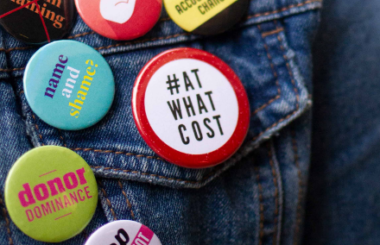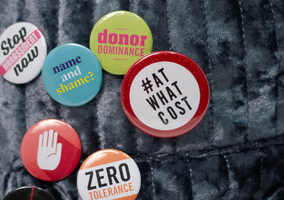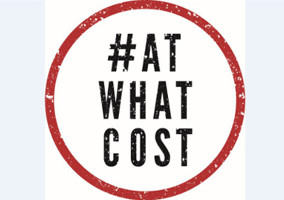The cover feature of this issue has been over two years in the making. We first started having conversations around the issue of sexual harassment in fundraising towards the end of 2016 when this magazine’s Men and Women Survey showed that 35 per cent of female and 15 per cent of male professional fundraisers had directly experienced inappropriate sexual behaviour. More shocking still was that the perpetrators were not only donors but also senior members of the community and consultants or suppliers.
I now know this survey under-reported the extent of the problem. More recent research has found that closer to 45 per cent of women fundraisers have reported being sexually harassed in some form or another.
In the cover feature, I deliberately do not discuss the definition of sexually inappropriate behaviour because there are levels of subjectivity that cloud the argument and, ultimately, are counterproductive. The only relevant point is that the reported behaviour made someone feel uncomfortable or threatened – and that should be taken seriously.
Although the problem has been bubbling under the surface for decades, the reasons it took so long to become a feature were the obviously delicate nature of the topic and the danger of it becoming a topline sensation for tabloid hacks. It could also have easily turned into a hatchet job, lacking authenticity, if those in the community had not come forward to recount their experiences and help guide the narrative.
It also took a long while to find sector leaders who were prepared to put their head above the parapet, acknowledge that there was a problem and talk about what they were doing in their own organisations to drive cultural change. For that, I am indebted to Paul Amadi and Ruby Bayley-Pratt at British Red Cross, as well as the other interviewees quoted in the feature, for their honesty and commitment. Without these testimonies, the tone would have been very bleak and, ultimately, regressive. We need more leaders to monitor what happens in their organisations, take action and share their learnings for real change to happen.
Related articles











